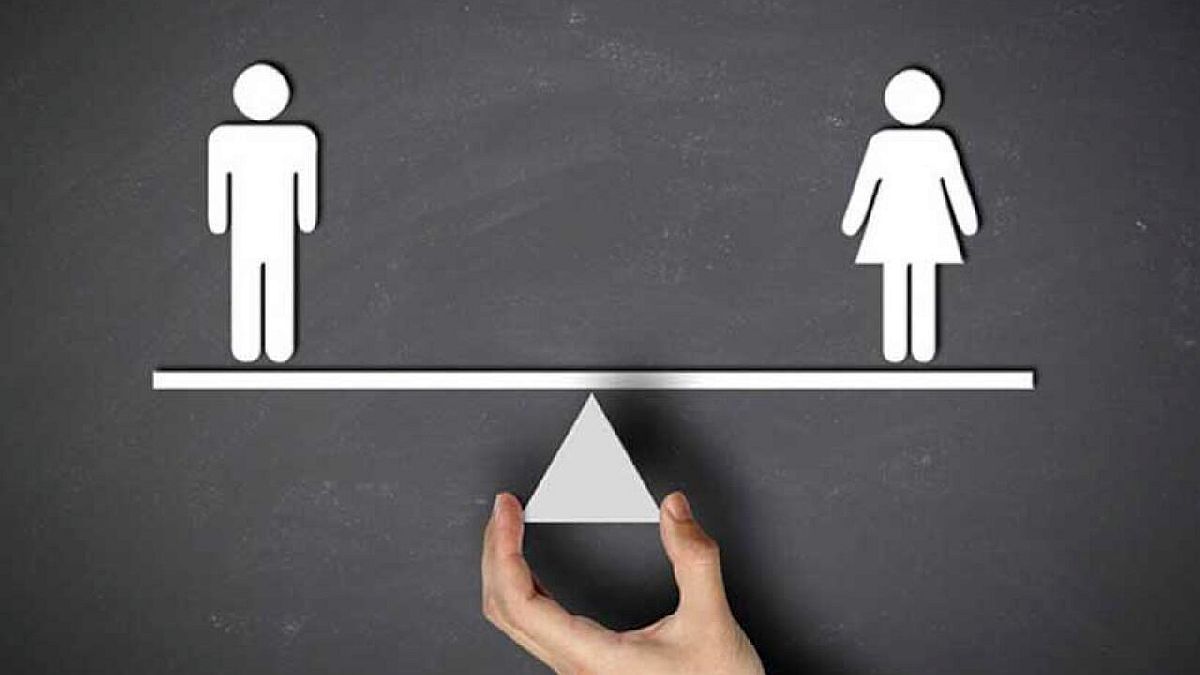Companies can make a difference. It is not just a matter of social justice: closing the salary gap improves the work climate, drives productivity and strengthens corporate reputation.
In Argentina, the gender wage gap remains a pending debt. According to INDEC (2024), women earn an average of 26.5% less than men. This means that they need to work for about 90 days a year to reach the same income. Inequality is not accidental: it responds to the overload of care tasks, the concentration of women in worse sectors and barriers to access leadership positions. In informal employment, the panorama is even more critical: the gap amounts to 36.5%.
The content you want to access is exclusive to subscribers.
Companies can make a difference. It is not just a matter of social justice: closing the salary gap improves the work climate, drives productivity and strengthens corporate reputation. From Grow– Gender and WorkWe verify that when organizations are committed to real and sustainable changes, the results are concrete and attainable. Based on our experience, we recommend five key measures to move towards salary equity:


Measure the gap
What is not measured, does not change. The first step is to analyze the salary differences within the company with data disaggregated by gender, seniority and hierarchical level. An analysis with a gender perspective allows to detect inequalities and make informed decisions to correct them.
Transparent salary criteria
In many organizations, salaries are negotiated individually so it can lead to the increase in salary gaps. Implement transparency policies with clear and public salary scales guarantees more equitable compensations and with less biases.
Review the selection and promotion processes
Women still have less access to leadership positions, which directly impacts the salary gap. To reverse it, it is key to apply objective criteria in the selection and promotion processes, train those who make decisions in gender biases and guarantee equal opportunities.
Invest in training and professional development
Training and mentoring women in strategic sectors and leadership not only strengthens them, but enriches and diversifies work teams. Betting on the development of female talent is an intelligent and sustainable strategy.
Care co -responsibility
Women dedicate twice as long as men to domestic work and unpaid care. This affects its possibilities of professional growth and its income. Companies can contribute equitable parental licenses, flexible schedules and teleworking options that promote a fairer distribution of these responsibilities.
Closing the gender wage gap is an attainable objective if there is commitment. From Grow– Gender and Work, we accompany companies that want to take the step towards a more equitable and efficient labor model. Salary equality is a collective responsibility, and those who assume will be leading change.
Source: Ambito
David William is a talented author who has made a name for himself in the world of writing. He is a professional author who writes on a wide range of topics, from general interest to opinion news. David is currently working as a writer at 24 hours worlds where he brings his unique perspective and in-depth research to his articles, making them both informative and engaging.




